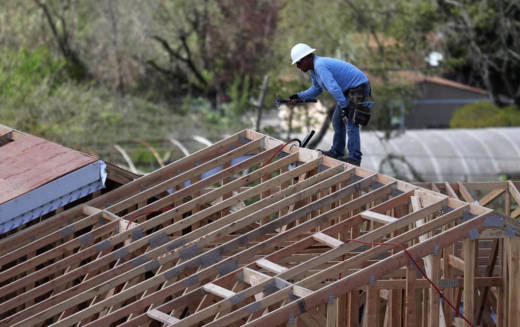The CASA Compact suggested a suite of ideas, including a regionwide parcel tax on property owners, a new fee on developers, increased taxes on businesses, a regionwide sales tax increase and direct contributions from local governments.
Supporters say the regional approach to taxes would ease the burden on cities that currently have to go to the ballot individually to raise funds for housing.
They point to measures to fund affordable housing in San Jose and Santa Rosa that failed in the November election.
HABA’s plans for spending the tax money — sending cash and legal assistance to tenants, buying properties to build affordable units, and paying for planners to help cities prepare for development — could be particularly helpful to cities and towns that lack the resources to take on those initiatives now.
“Some jurisdictions have a lot of staff and revenue but there’s a wide range within the region,” said Amie Fishman, executive director of the Non-Profit Housing Association of Northern California. “So having a regional strategy will also help to generate the local solutions that are needed.”
A separate bill in the state Legislature could make it easier to pass a regional housing tax.
Assembly Constitutional Amendment 1 would lower the threshold needed to pass a sales tax or parcel tax from two-thirds to 55 percent, if the funds are used for infrastructure or affordable housing.

